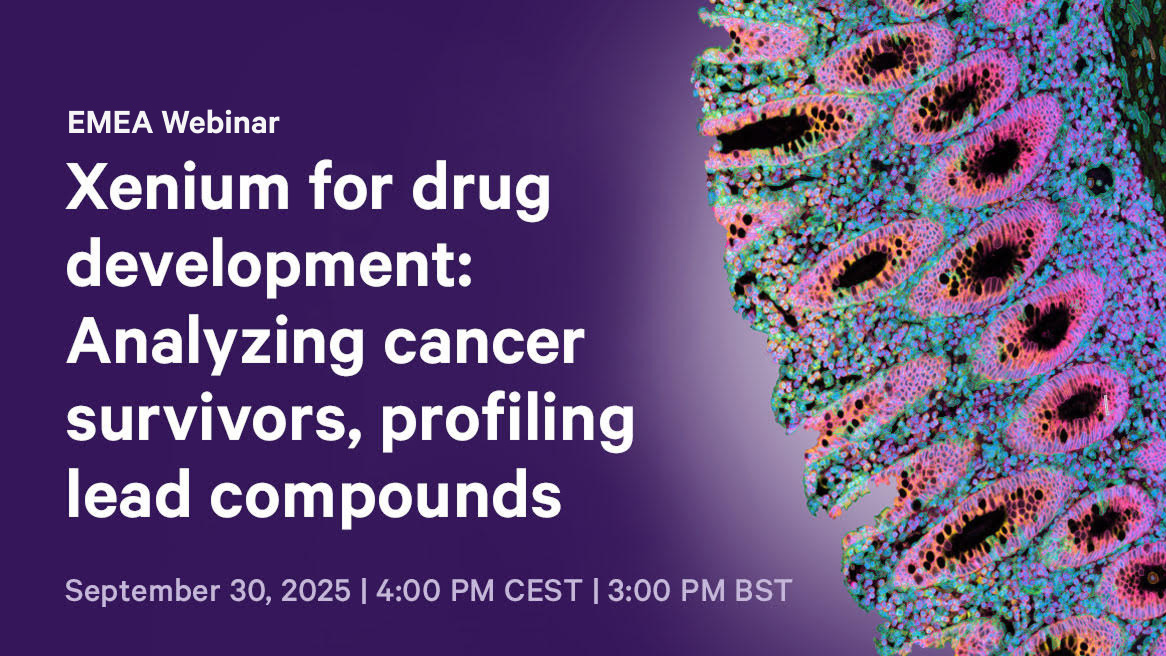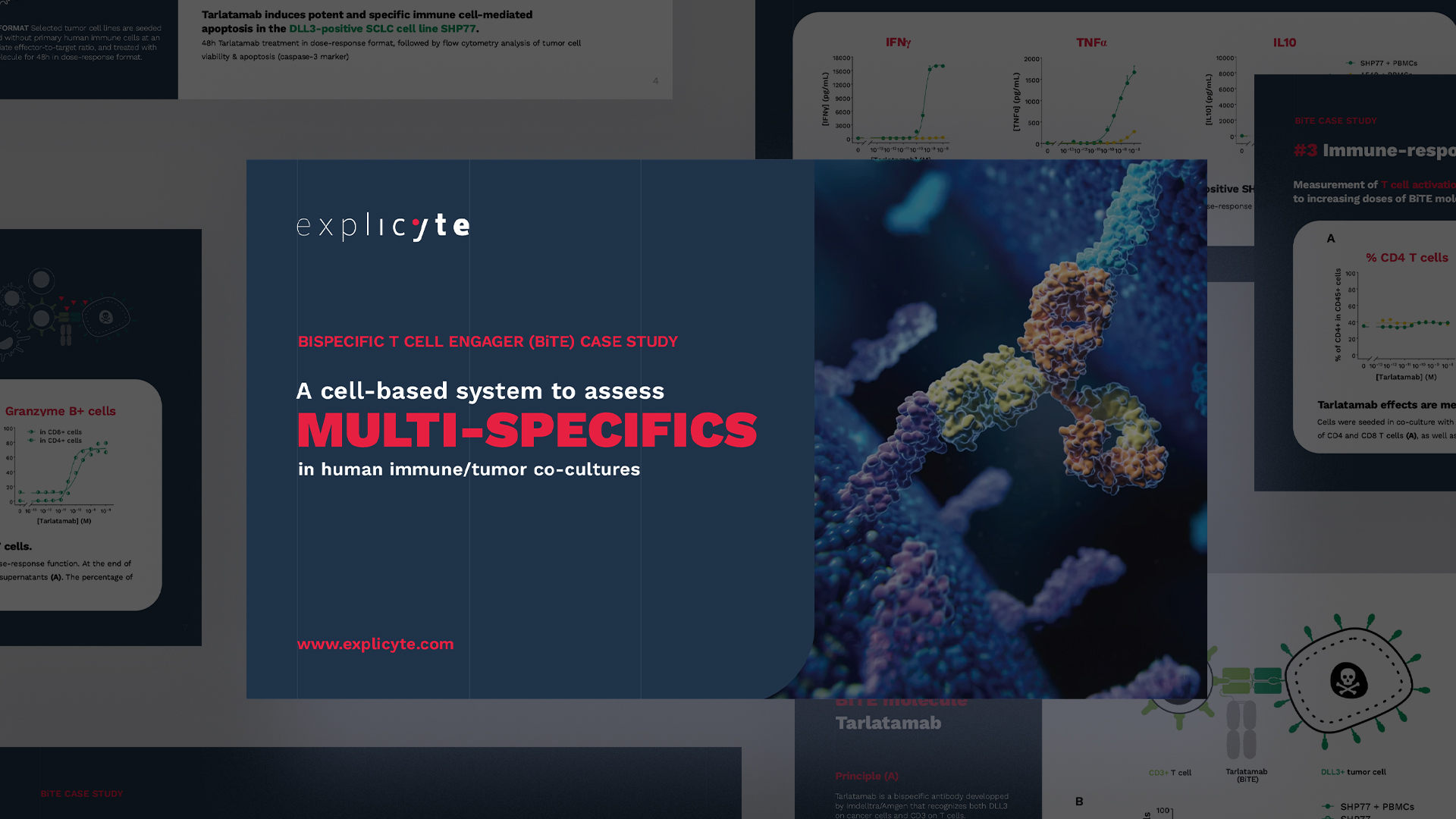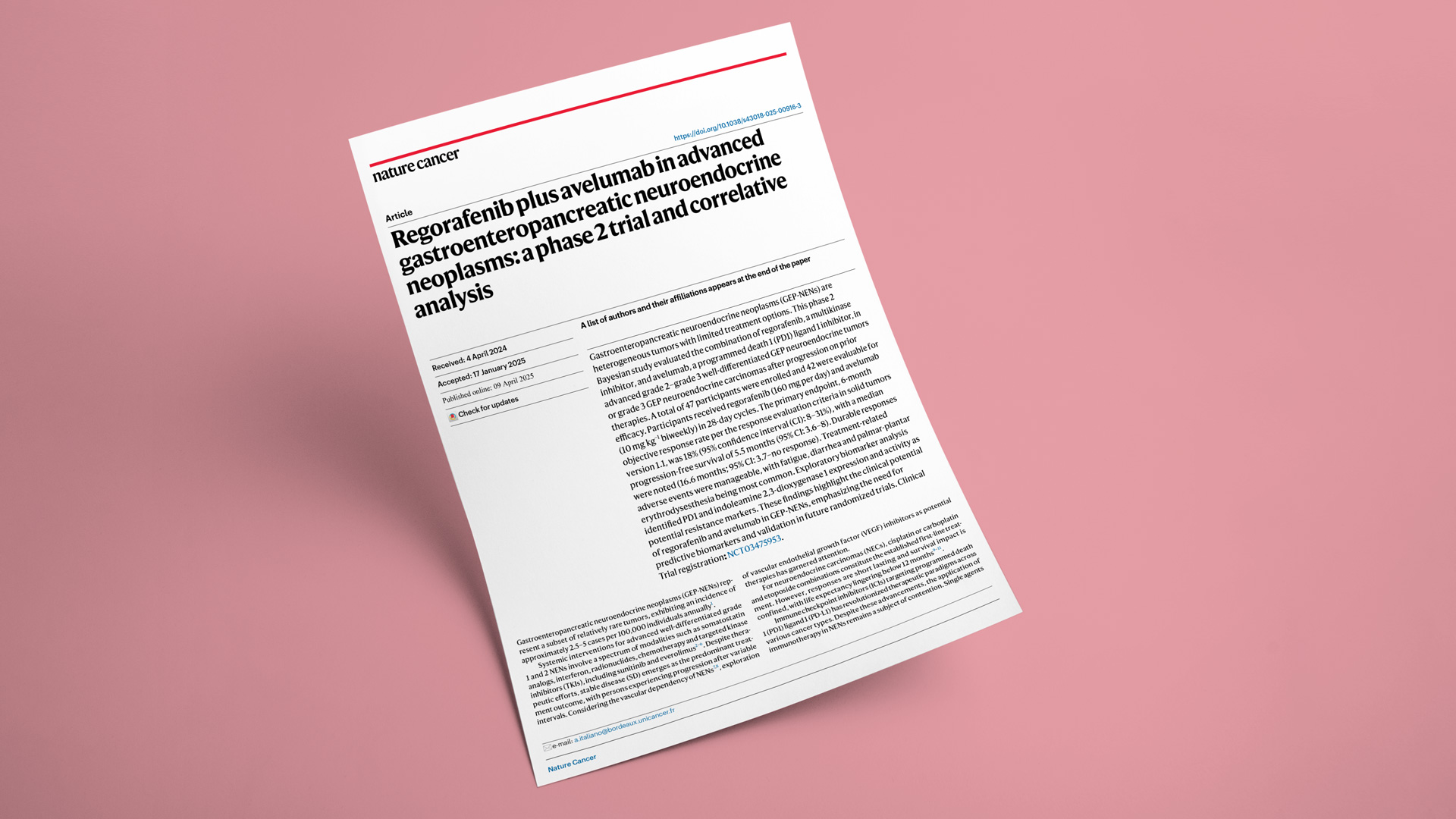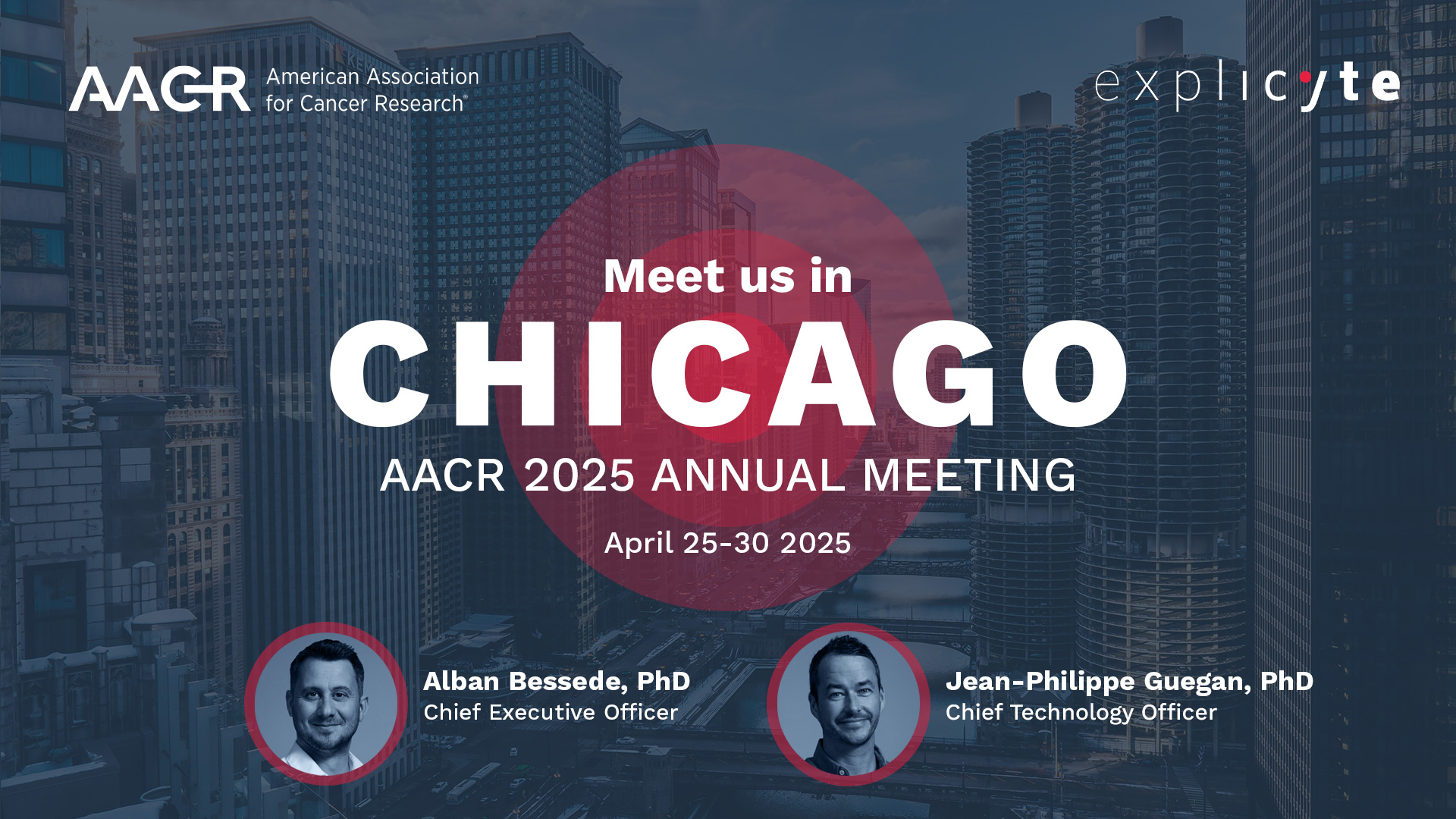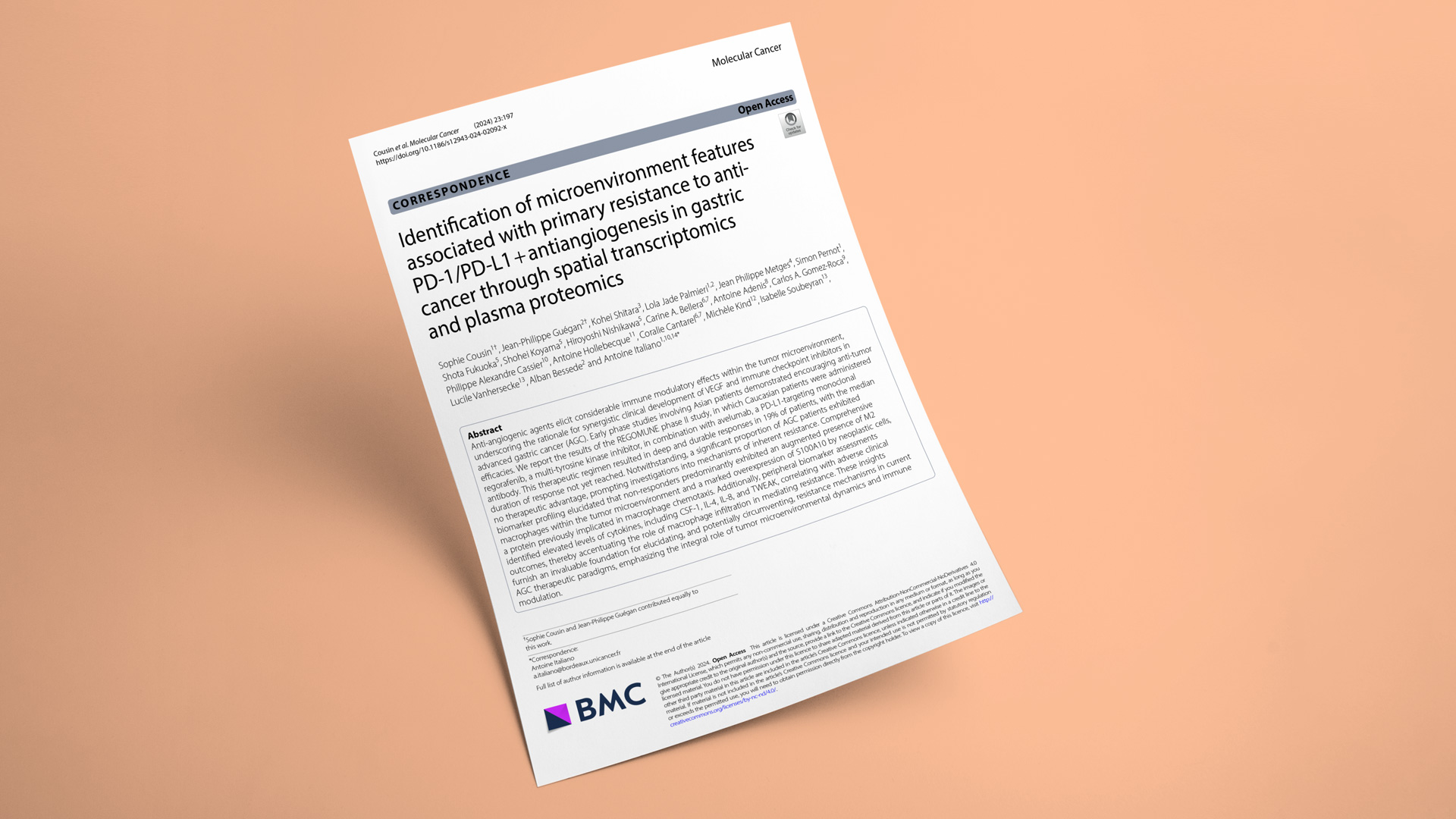In this study led by Pr. Antoine Italiano (
Bergonié &
Gustave Roussy Comprehensive Cancer Centers), 49 patients with advanced gastric cancer were treated with avelumab (a PD-1/PD-L1 inhibitor) in combination with the anti-angiogenic drug regorafenib (a multi-kinase tyrosine inhibitor). Despite encouraging efficacy results, a significant subset of patients did not respond to this therapeutic regimen.
Explicyte utilized
spatial transcriptomics to profile the expression of over 18,000 protein-coding genes across six tumors from both responding and non-responding patients from the REGOMUNE &
REGONIVO studies (both combining regorafenib with immune checkpoint inhibition). In the immune compartments of resistant patients, the CD163 gene was found to be overexpressed, alongside an enrichment in M2 macrophages. Non-responding patients also exhibited a strong upregulation of the S100A10 protein in tumor cells—a protein involved in macrophage chemotaxis.
We then developed two immunohistofluorescence (IHF) panels to validate these findings via
digital pathology in 43 tumor biopsies. The results confirmed the abundance of M2 macrophages in resistant patients, with a significant increase in the M2/M1 ratio, and the overexpression of S100A10 in tumor cells among patients with poor responses.
Finally,
plasma biomarkers were investigated using an Olink proteomic panel. Several cytokines (CSF-1, IL-4, IL-8, and TWEAK) associated with macrophage infiltration were found to be upregulated in patients with worse outcomes.
Altogether, this paper highlights the central role of
M2 macrophages in the resistance to anti-PD-1/PD-L1 immunotherapy combined with anti-angiogenic therapy in gastric cancers and provides perspectives for novel diagnostic and therapeutic approaches.

